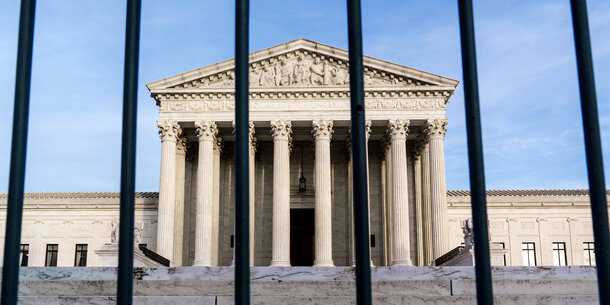Judges are generally required to step aside from deciding cases when “the judge’s impartiality might be reasonably questioned.” However, while more than 90 percent of voters believe judges should step aside from cases involving major campaign supporters, only a handful of states offer clear standards for when judicial campaign spending warrants recusal.
Many states, along with the federal courts, also lack procedural safeguards for resolving recusal motions filed by litigants. Most often, it is the judges themselves who assess their own biases without any independent review.
The Brennan Center has developed detailed recommendations on reforming judicial recusal. Judges should be required to step aside from cases when they are the beneficiaries of substantial spending in support of their election. To make it easier for judges to identify potential conflicts, litigants should be required to disclose any expenditures they’ve made in connection with a judge’s election. Finally, judges shouldn’t be put in a position where they are assessing their own potential biases. Courts should provide for an independent review process when judges are asked to step aside from cases.










